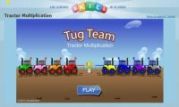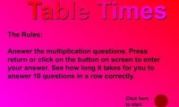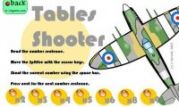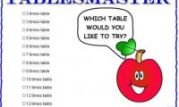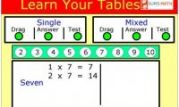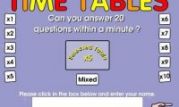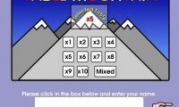Mathletics
Dear Parents/Carers,
We wanted to let you know that your child’s Mathletics account will be refreshed on Monday 27th July 2020, ready for the results from the next school year.
What does this mean?
- Results are reset so you’ll only see the latest and most relevant results.
- Progress bars are reset so you can see how your children are progressing with this years curriculum.
What about their Achievements?
Your child’s Avatar, certificates, and Live Mathletics scores will still be there, ready for another exciting year of maths!
What do I have to do?
Oakgrove will take care of everything. They’ll set your child’s new curriculum and learning journeys, and you’ll be able to use Mathletics at home in the meantime. It will be fresh start in Mathletics for the new school year.
Mathematics & Numeracy
MATHEMATICS & NUMERACY AT FOUNDATION STAGE
Children will acquire early mathematical concepts through activities that involve sorting, matching, comparing, classifying, and making patterns and sequences in a variety of contexts. These activities should involve children in playing, exploring and investigating, doing and observing, talking and listening and asking and answering questions.
As the development of mathematical language is of fundamental importance, talking about work has a high priority in the early years. By engaging in a wide variety of activities, children will begin to understand mathematical language and then use this language to talk about their work. Children should also be given opportunities to develop their skills in mental mathematics during counting activities, by playing games and through daily classroom routines.
MATHEMATICS & NUMERACY AT KEY STAGE 1 & KEY STAGE 2
Numeracy is the development and application of mathematics across the curriculum and in real life situations. Skills in numeracy should help children to make informed and responsible choices and decisions throughout their lives.
Throughout the primary school, children will engage in a wide range of purposeful activities which should involve them in different modes of mathematical learning, including playing, exploring and investigating, doing and observing, talking and listening, asking questions, reflecting, drafting, reading and recording.


